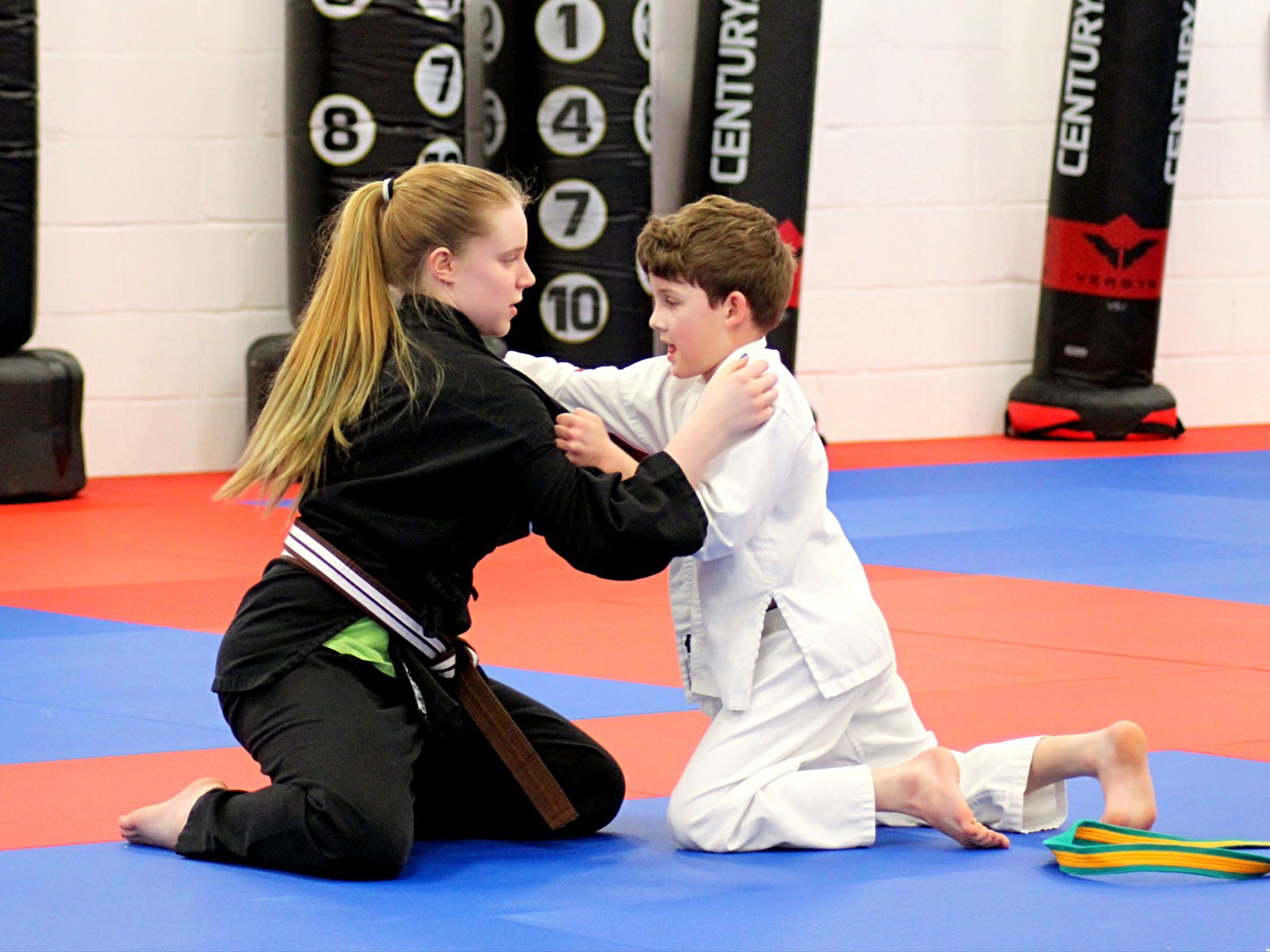The law
Some forms of bullying are illegal and should be reported to the police. These include:
- violence or assault
- theft
- repeated harassment or intimidation, eg name calling, threats and abusive phone calls, emails, text messages or online
- hate crimes
If these forms of bullying take place, then a parent is within their rights to report it to the police for further action. However it’s a difficult choice as to whether the school is effectively dealing with the issue and therefore the Police don’t need to be involved. For example in a primary school in Basingstoke an older pupil attempted to strangle a younger pupil. The school didn’t inform the parents of the attacked child, they only found out about it when the children was getting undressed for bed and they noticed a ‘circle’ of bruises around their child’s throat. They spoke with the school at some length the following morning and where informed that they had spoken to the child who was the attacker but weren’t going to speak with the parents concerned as they believed it to be unnecessary. The parents of the victim decided that this was unsatisfactory so they involved the police who did speak with the attacker and their parents, which resolved the issue of bullying.
Anyone – a teacher, parent or pupil – can make a complaint about bullying to the police if they feel it’s serious. But, in most cases, the Police recommend you try talking to your teachers or another responsible adult first.
Schools and the law
By law, all state (not private) schools must have a behaviour policy in place that includes measures to prevent all forms of bullying among pupils. This policy is decided by the school. All teachers, pupils and parents must be told what it is. If necessary ask the schools to provide a copy of their policy so that you can understand the parameters that the school operates within.
Anti-discrimination law
Schools must also follow anti-discrimination law. This means staff must act to prevent discrimination, harassment and victimisation within the school. This applies to all schools in England and Wales, and most schools in Scotland.
Physical Self Defence
We’ve already covered about what is acceptable in defending ourselves. See here.
The basic principles are enshrined in law and are clear:-
- Any individual has the right to defend themself or another person against a physical attack
Taster session
To book your FREE taster session get in touch with us.

